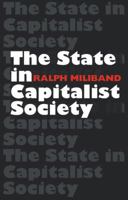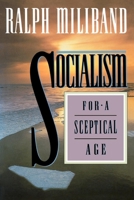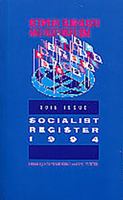Prophesy Deliverance!: An Afro-american Revolutionary Christianity - Library Edition
Select Format
Select Condition 
More by Ralph Miliband
Book Overview
In this, his premiere work, Cornel West challenges African Americans to consider the incorporation of Marxism into their theological perspectives, thereby adopting the mindset that it is class more so than race that renders one powerless in America. His work reflects political and cultural perspectives borne out of his own formative life experiences. Decades later, his arguments continue to capture the theological imagination of many and influence the critical engagement of generations of scholars. In this fortieth anniversary edition, West invites six prominent scholars--whose respective work are grounded in various aspects of black political, cultural, and theological thought--into dialogue with this work, each writing one chapter plus a foreword by Jonathan Lee Walton. Continuing and expanding on the revolutionary discourses that West introduced in the first published work, each new essay provides nuanced lens for thinking about movements of liberation in today's African American communities.
Format:Audio CD
ISBN:B0CGF1Y629
ISBN13:9798212071758
Release Date:February 2023
Publisher:Tantor Media Inc
Customer Reviews
5 customer ratings | 5 reviews
There are currently no reviews. Be the first to review this work.





































